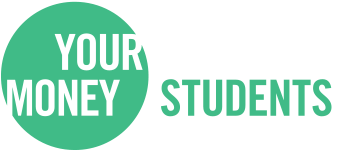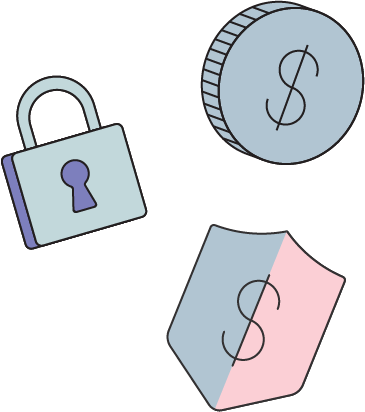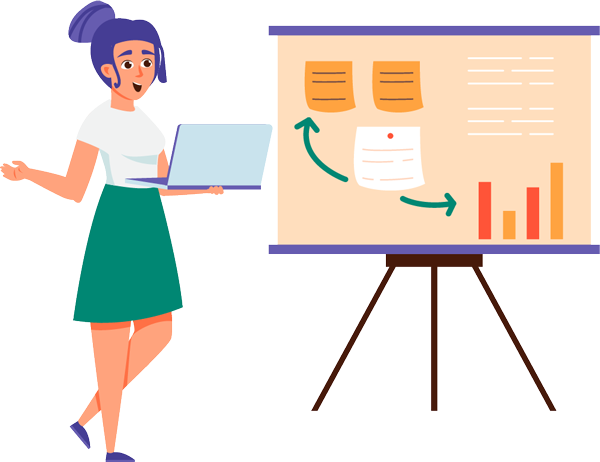Banks are an active and essential part of the daily life of most Canadians – more than 99 per cent of Canadians have an account with a financial institution — and so millions turn to banks every day for services and advice to help them save, plan for retirement, start businesses and buy homes.
Banks provide their customers with a wealth of educational material, information, tools and services to help them get and stay ahead financially. Banks also support financial literacy activities and initiatives in communities across Canada.
How Banks are Helping
Canadians who make healthy, long-term financial decisions help to build their own financial security and contribute to the strength of the broader Canadian economy.
At the same time, a lack of knowledge and understanding of the risks and benefits of financial products and services can lead to financial problems, increasingly so in a digital marketplace.
The banking sector has long recognized that it has a central role to play in supporting and strengthening financial literacy. Banks go well beyond this, too. Many banks in Canada are engaged in a variety of ways to strengthen the financial well-being of all Canadians. They do this by:
- providing financial support and volunteers for a variety of financial literacy programs run in communities across the country by educational and not‑for‑profit groups;
- creating their own financial education programs and services for clients and the public; and
- providing financial and volunteer support for the important work that not‑for‑profit credit counselling agencies do in local communities across Canada.
For its part, the CBA has provided financial literacy programs and information for decades, perhaps most notably through our two free, non‑commercial financial literacy programs, Your Money Students and Your Money Seniors. Both programs were developed in collaboration with the FCAC and align with the objectives of the National Financial Literacy Strategy.
Banks are committed
to supporting Canadians with financial and digital literacy tools. Find out about the pandemic recovery and economic support, financial literacy, digital literacy and fraud prevention tools available from banks at:
cba.ca/financialwellness
Bringing Financial Basics to the Classroom

Providing young Canadians with information and tools to understand the importance of money management at an early age helps build the skills they will use throughout their lives. Since 1999, banker volunteers have delivered over 8,600 seminars to more than 259,000 students across Canada, teaching them the basics of how to save, budget, and protect their money.
Your Money Students seminars are presented by bankers in the community volunteering their time and are available across the country in English and French. The program has been a centerpiece of the CBA’s financial literacy efforts for more than two decades, providing youth with the fundamentals of:
- Budgeting – choosing your goals and working towards them;
- Saving and investing – the benefits of compound interest and saving for the future;
- Responsible use of credit – how to manage credit and avoid credit traps; and
- Keeping money safe – recognizing fraud in our increasingly digital world and how to avoid it.
Learn more at www.cba.ca.
Improving the Financial Literacy of Seniors

Updated in 2020, the CBA’s national financial literacy program for seniors, Your Money Seniors, provides information on cash management in retirement and
how to avoid financial abuse
and financial fraud.
Learn more at www.cba.ca.

The banks jointly support two free, non-commercial seminar programs: Your Money Students and Your Money Seniors. Both programs are developed in collaboration with the FCAC and delivered by bankers volunteering in their communities. Find out more at
https://yourmoney.cba.ca.

Bank Support for Credit Counselling
Banks have long supported non‑profit credit counselling agencies and the good work that they do to assist Canadians who need help managing their money. Banks provide volunteers for credit counselling boards and donate millions of dollars to support the work credit counselling agencies undertake in their communities to provide financial education and counselling.
Banks do not want to see their customers in financial difficulty and provide a number of resources and supportive measures to assist those who might need help in managing their money.
Individuals who are struggling are encouraged to talk to their bank and other creditors to find out their options. For example, banks may be able to help by providing advice, debt counselling and flexible loan repayment arrangements. They may also refer customers to a non‑profit credit counselling agency if they feel it would be helpful.
To provide Canadians with a simple way to quickly assess their financial health and find help if they need it, the CBA has collaborated with Credit Counselling Canada to offer the Debt Money Quiz. This simple "Yes" or "No" questionnaire, asks users a series of questions about their finances. The assessment covers preparing and sticking to a budget, relying on credit for everyday expenses and making minimum payments on credit cards. You can take the quiz at debtmoneyquiz.ca.
